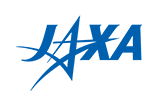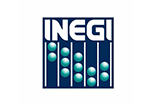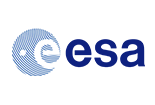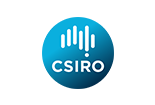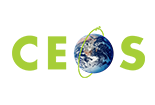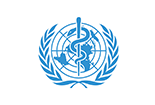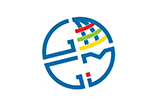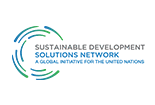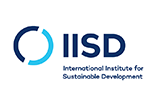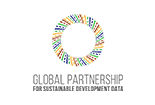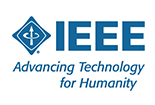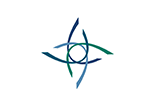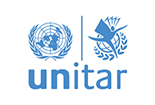5SQ Profile: Monika Kuffer
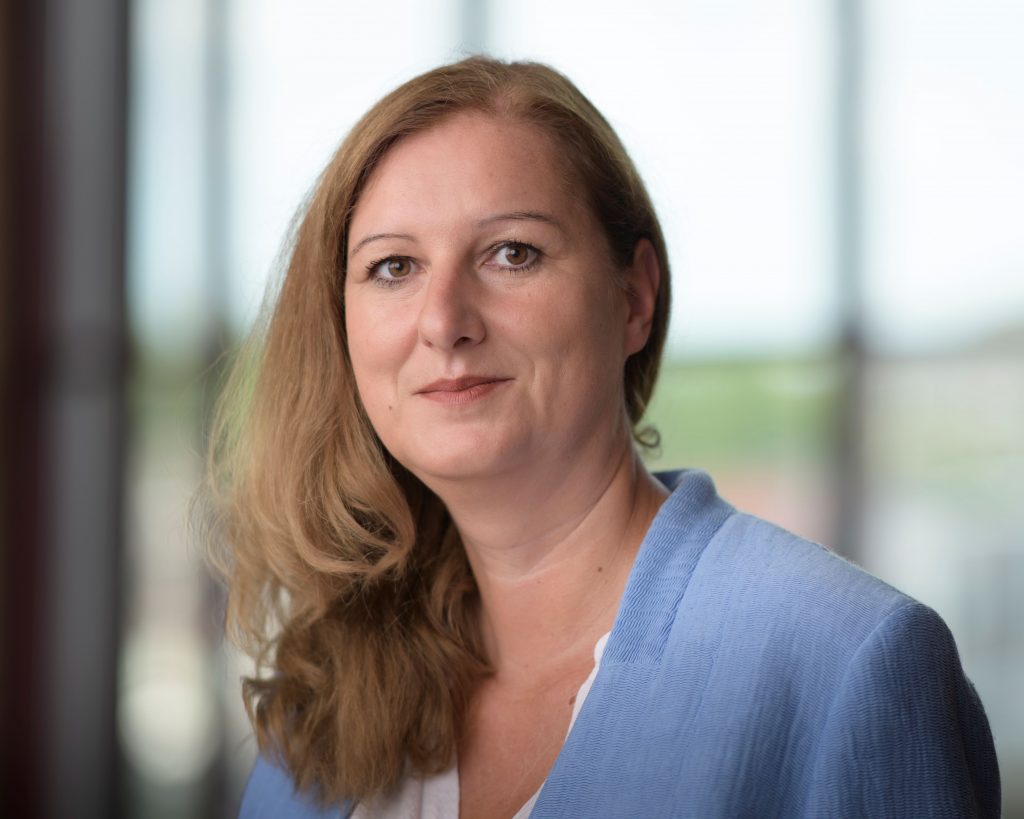 Where do you currently reside?
Where do you currently reside?
Munich, Germany – a city with high quality of life in close proximity to the Alps.
What organization do you work with and what is your title?
I am a Professor on Sustainability of Rural-Urban Systems at the University of Twente, working for two Faculties: ITC (Geo-Information Science and Earth Observation) and BMS (Behavioral, Management and Social Sciences).
What is something that most people might not know about your role?
Earth observation offers rapid insights into areas where other quick sources of information, like updated maps, are unavailable. For instance, we frequently assist community-based organizations by providing updates on the scale of forced evictions for media campaigns or by mapping urban growth across large regions. EO is particularly valuable in uncovering ‘invisible spaces’—areas that are excluded or poorly mapped, such as deprived urban neighborhoods like slums and informal settlements. In Africa, approximately 60% of the urban population resides in these ‘invisible spaces,’ which often lack essential spatial information for local stakeholders.
What motivates you to drive advancements in your field?
I am working on the massive urbanization challenges of low-middle-income cities, where most of the urban growth is happening. Here, EO data have the potential to play a critical role in supporting local actors to develop strategies towards more sustainable, inclusive and competitive cities.
What is your favorite SDG and why?
SDG 11: the urban SDG. Presently, around 55% of the global population is living in urban areas, and it is expected that by 2050, around 70% of the world’s population will live in urban areas. The majority of the population growth will happen in low-middle-income countries. Cities play a major role in sustainability outcomes – for example, cities comprising 2% of the global land mass consume over 65% of the world’s energy and account for more than 70% of global CO2 emissions. It is crucial that we have the data to analyze and make informed decisions around these intersecting SDG challenges.
Date Published: October 18, 2024




